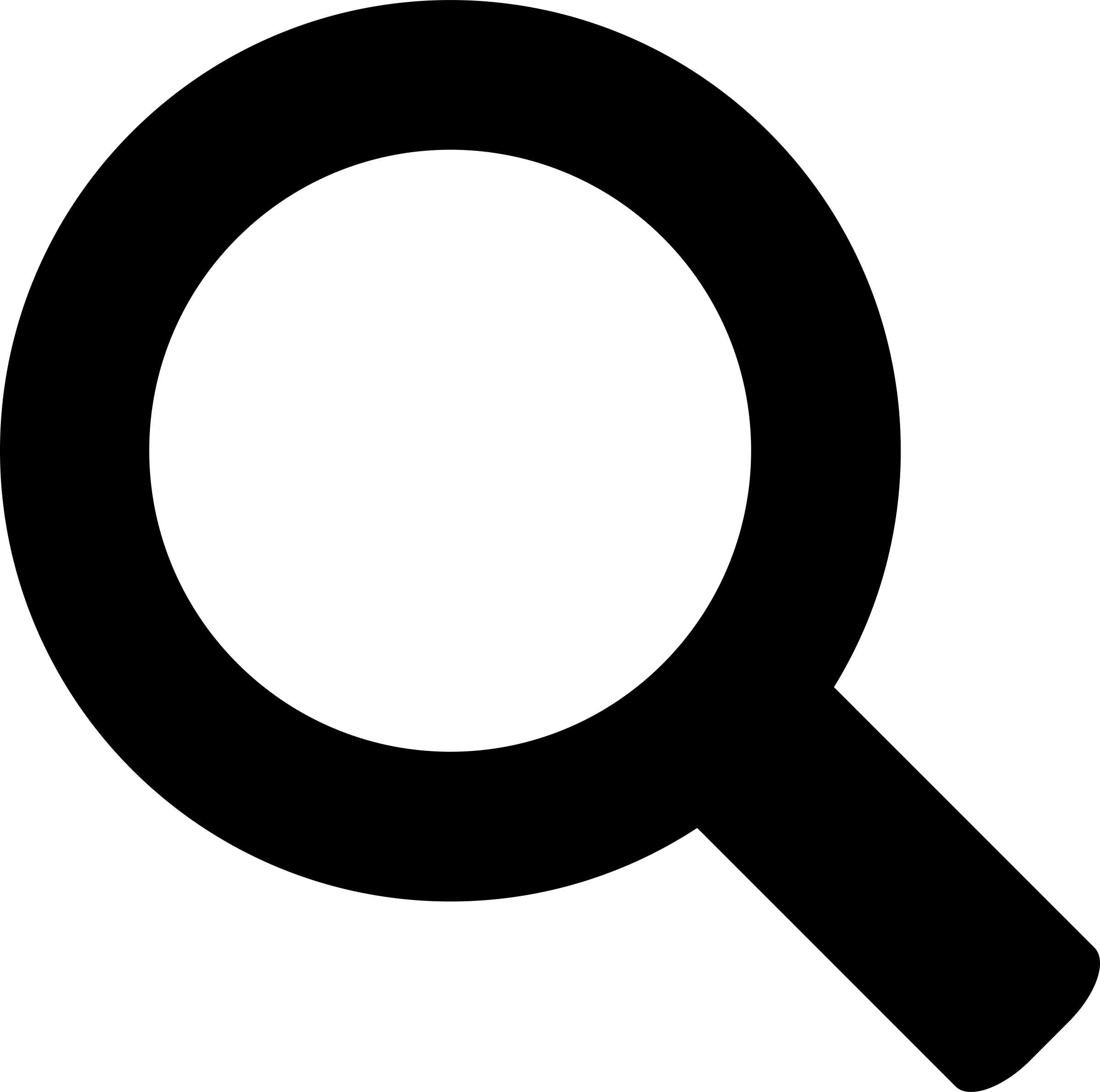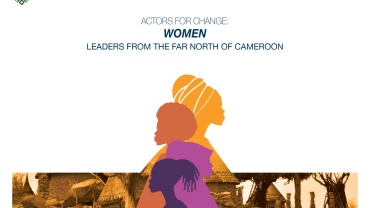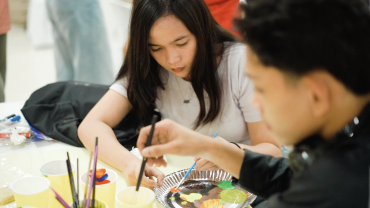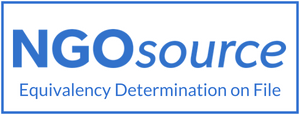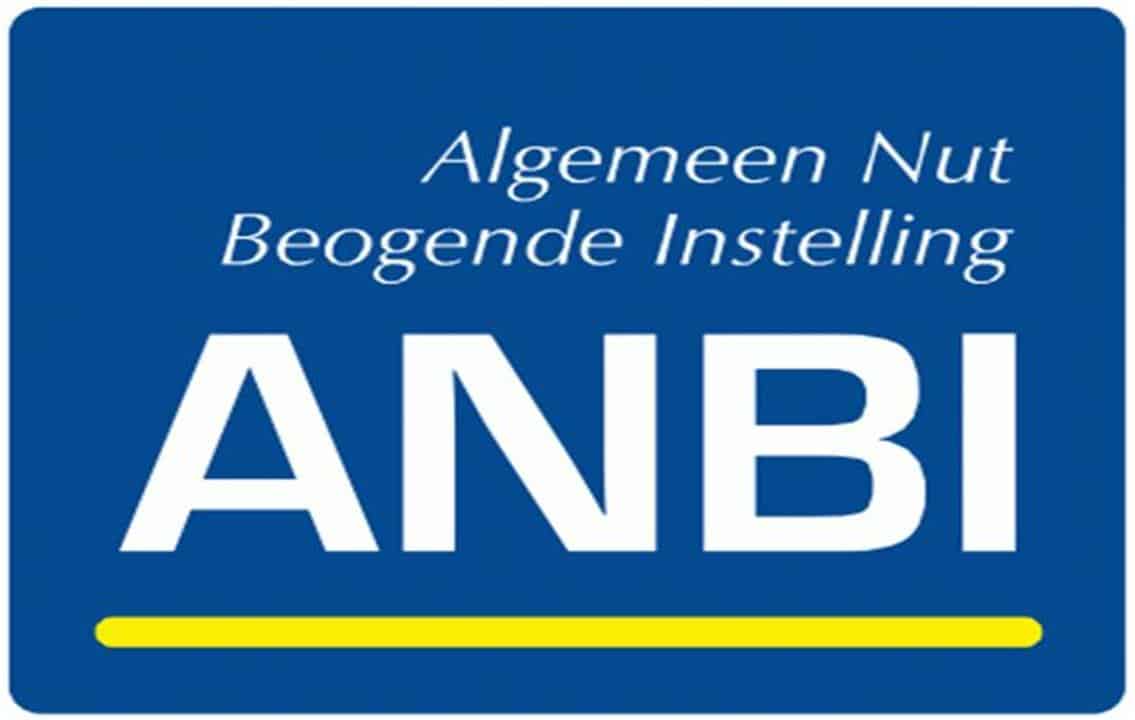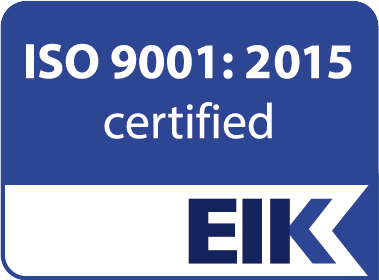Cameroon and the Philippines confront complex conflicts linked to multiple factors including religion, land rights, ethnicity, politics etc. Despite the legal protections in place, challenges remain in ensuring the practical realization of individuals' right to Freedom of Religion and Belief (FoRB).
The FoRB III programme promotes religious tolerance in two distinct regions: the Extreme North of Cameroon and Mindanao in the Philippines. This initiative aims to reduce prejudice and facilitate dialogue between and within religious groups through a holistic approach that includes interventions at the intersection of socio-cultural, religious, security and policy spheres. To learn more about the project visit the Q+A section below.
Frequently asked questions
-
The FoRB III programme is led by Mensen met een Missie and implemented together with Human Security Collective and a consortium of local partners in Cameroon and The Philippines. The programme is funded by the Dutch Ministry of Foreign Affairs.
In Cameroon, our local partners include Dynamique Mondiale des Jeunes (DMJ), Conseil des Églises protestantes du Cameroun, Commission Diocésaine Justice et Paix, Conseil Supérieur Islamique du Cameroun.
In The Philippines, our local partners include Mindanao Peoples’ Peace Movement, Tri-People’s Organization Against Disasters Foundation, Mindanao Tri-People Women Resource Center and with coordinating assistance from Tri-People Youth Collective for Peace in Mindanao.
-
Our local partner organisations bring expertise, insights, and connections to the table. They play a pivotal role in tailoring initiatives to the specific contexts of Cameroon and the Philippines, enhancing the impact of the FoRB programme within these regions.
-
HSC’s role centers on implementing an Inclusive Leadership trajectory in each location. This trajectory is designed to equip young people with the skills, knowledge, and tools they need to become agents of change within their communities. Through a range of activities, workshops, and initiatives that are tailored to each unique context, the trajectory aims to develop leadership skills, promote inclusivity, and encourage active participation. This approach ensures that young individuals are empowered to drive positive transformations within their unique contexts, fostering a sustained impact on religious tolerance and freedom.

